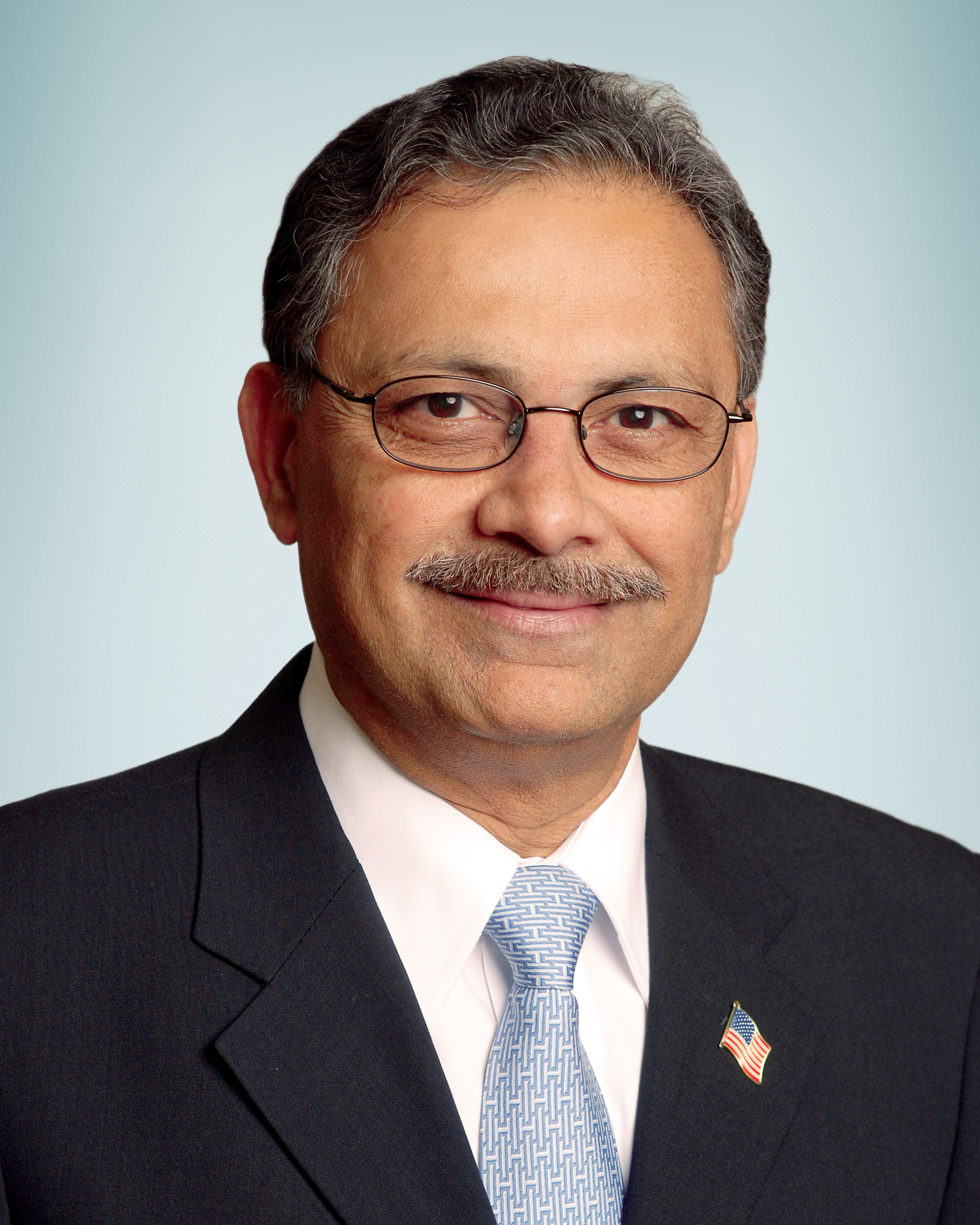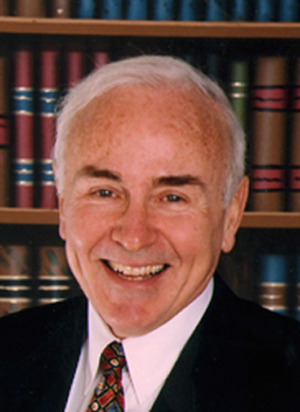Mission, Vision, and History
The Purpose of the University
The purpose of the California University of Science and Medicine is to develop and operate a health and life sciences university, including colleges, a research institute, and a graduate school of medicine, to educate future physicians and medical support personnel and conduct medical research and/or work with research organizations to further the science and art of medicine. Additionally, the university may engage in any activities reasonably related to or in furtherance of its stated purposes.
Vision Statement
To establish a school of medicine that inspires, motivates, and empowers students to become excellent and caring physicians, scientists, and leaders, advance the art and science of medicine through research, improve the health of its community, share innovative curriculum, and promote best practices in medical education globally, and facilitates a medical education to promising disadvantaged students, especially from California and the Inland Empire.
Mission Statement
To advance the art and science of medicine through innovative medical education, research, and compassionate healthcare delivery in an inclusive environment that advocates critical thinking, creativity, integrity, and professionalism.
Diversity Statement
CUSM strives to cultivate a culture in which everyone is valued in an environment of inclusive excellence, equity practice, and equitable support. Diversity is integral to the California University of Science and Medicine's institutional identity, as evidenced in the founding principles. This early intent to create a historic medical school in southern California has arisen from tenets adopted by the inaugural leadership. It begins with a deep commitment to the diversity of the student body, faculty, administration, and staff. Recognizing and nurturing latent merit, talent, values, and richness inherent in our diverse California culture and society, CUSM leadership acknowledged the need to remove barriers to recruiting, retaining, and advancing historically excluded, underrepresented, and marginalized populations. This is being achieved through the CUSM mission to serve diverse, disadvantaged, and multicultural populations and to meet the health needs of the people of the Inland Empire, the State of California, and the Nation. The innovative clinical presentation curriculum emphasizes public health, population health, global health, and affordable, accessible care for all. Educational excellence incorporating diversity can promote mutual respect, equity, practice skills, and manifest the full talents and abilities to serve patients better and foster innovation and leadership. Training culturally humble and structurally competent healthcare providers requires a multicultural milieu in which diversity, equity, and inclusion are deeply valued, encouraged, and integrated into all facets of the institution. This philosophy is at the core of CUSM, and it enriches the experiences gained by students while building values of altruism, activism, leadership, and social accountability in the globalized, pluralistic, complex, connected world of the 21st century.
Academic Freedom Statement
CUSM endorses the Statement of Principles of Academic Freedom of the American Association of University Professors (AAUP) and is committed to the pursuit of truth. The leadership will ensure autonomy and freedom as an institution of higher learning requires. Academic freedom and due process will prevail in all matters: to guarantee to the scholar the liberty to examine data, to have the space from bias and restraint, and the ability to question assumptions, to seek evidence, and to learn. Academic freedom also recognizes the role of the faculty in policymaking decisions for the educational program. Together, faculty, staff, and students are obligated to be responsible participants in the academic activities of the medical school.
Background and Mission
 Healthcare in the United States faces significant challenges, including growing disease
burdens, lack of access to healthcare, and a shortage of healthcare professionals.
These issues disproportionally affect underserved areas such as the Inland Empire,
the name given to the combined populations of San Bernardino and Riverside counties
in southern California. The Inland Empire exhibits significant health disparities
compared to California averages and national benchmarks, including a higher incidence
of diabetes-related death, coronary heart disease, chronic liver disease, and severe
psychological distress. However, this higher rate of disease incidence has not correlated
to a higher number of physicians in the area, as the Inland Empire ranks in the lower
half of counties in California in the number of physicians per capita.
Healthcare in the United States faces significant challenges, including growing disease
burdens, lack of access to healthcare, and a shortage of healthcare professionals.
These issues disproportionally affect underserved areas such as the Inland Empire,
the name given to the combined populations of San Bernardino and Riverside counties
in southern California. The Inland Empire exhibits significant health disparities
compared to California averages and national benchmarks, including a higher incidence
of diabetes-related death, coronary heart disease, chronic liver disease, and severe
psychological distress. However, this higher rate of disease incidence has not correlated
to a higher number of physicians in the area, as the Inland Empire ranks in the lower
half of counties in California in the number of physicians per capita.
To help overcome these challenges, Prem Reddy, MD, established the California University of Science and Medicine (CUSM), emphasizing its community-oriented mission and vision. After decades of supporting educational and healthcare initiatives locally, nationally, and globally, Dr. Reddy founded CUSM to inspire, motivate, and empower students to become excellent, caring physicians and leaders. Dr. Reddy, the founder of Prime Healthcare Services, Inc. ("PHSI") and Prime Healthcare Foundation, Inc. ("PHF"), believed that the establishment of a medical school could provide a tremendous positive impact on healthcare, presently and for future generations, by addressing growing health disparities, disease burden, and the regional physician shortage. To date, Dr. Reddy and the Prime Healthcare Foundation have contributed $80 million to CUSM.
Timeline and History
 In August 2012, under the initial name "Eastern California College of Medicine," Dr.
Reddy and other leaders defined the mission and vision of the institution to develop
and operate a school of medicine to educate future physicians and medical support
personnel, as well as conduct medical research in furtherance of the science and art
of medicine. In May 2013, the institution was renamed California University of Science
and Medicine.
In August 2012, under the initial name "Eastern California College of Medicine," Dr.
Reddy and other leaders defined the mission and vision of the institution to develop
and operate a school of medicine to educate future physicians and medical support
personnel, as well as conduct medical research in furtherance of the science and art
of medicine. In May 2013, the institution was renamed California University of Science
and Medicine.
CUSM began operations in the spring of 2015 when Robert Suskind, MD, joined as the
School of Medicine's Founding Dean. Dr. Suskind, who has since retired and serves
as Dean Emeritus, directed recruiting of the initial group of faculty and support
staff of CUSM. Under the leadership of Dr. Alfred Tenore, the School of Medicine's
Senior Associate Dean of Medical Education from April 2015 to May 2019, the faculty
developed an innovative curriculum for the School of Medicine's MD degree program,
as well as standards and policies for admitting students, hiring faculty, and program
evaluation. In 2019, the Board of Trustees appointed Paul Lyons, MD, as Dean and President
of CUSM.
In 2017, CUSM developed its first graduate degree program, the Masters in Biomedical
Sciences program (MBS). The program's primary goal is to better prepare students for
a career in medicine or other healthcare professions by enhancing students' academic
qualifications to gain acceptance into advanced healthcare educational programs. In
April 2017, CUSM expanded its WASC Senior College and University Commission ("WSCUC")
eligibility to include the MBS program.
Inaugural Classes
CUSM welcomed 36 MBS program students in the summer of 2018. In 2019, the first MBS
class graduated in a ceremony at The Claremont Colleges' Bridges Auditorium. Approximately
40 percent of the first class of MBS graduates were accepted into the CUSM MD program.
They are part of the second MD cohort and will graduate and progress to residency
in 2023.
The first cohort of MD program students started in July 2018 and graduated in 2022.
The commencement ceremony took place at the CUSM campus, completed in 2020. The inaugural
class of MDs has moved into residency positions across the United States, many within
California.
Looking Ahead
After nearly two years of remote operations due to the COVID-19 pandemic, the university returned to in-person education in 2021. For the 22-23 academic year, CUSM welcomed full cohorts of 130 new MD and 60 MBS students. CUSM continues to innovate and grow, following our mission to advance the art and science of medicine through innovative medical education, research, and compassionate healthcare delivery in an inclusive environment that advocates critical thinking, creativity, integrity, and professionalism.